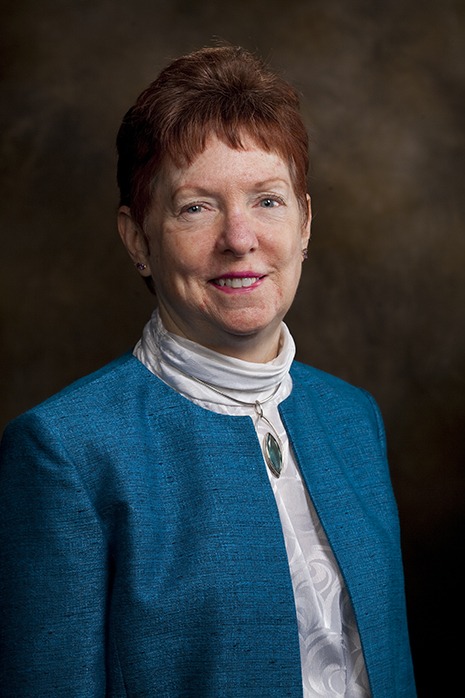FAYETTEVILLE, Ark. – Judi Neal’s new book explores the importance of “higher moments,” those times when members of a team experience a strong sense of meaning and purpose connected to the shared vision and successful implementation of a project. These experiences, Neal says, enable teams and the individuals who comprise them to reach a higher level of performance. They can even propel individuals far beyond what they thought was possible.
“Effective teams have a great ‘espirit de corps,’ which can have a powerful and extremely positive impact on performance,” says Neal, director of the Tyson Center for Faith and Spirituality in the Workplace in the Sam M. Walton College of Business. “This experience often takes them to a spiritual place – those moments when one feels the presence of a higher power, something greater than themselves. When this happens, people bring their best to the project and often find themselves soaring to new places, places they never dreamed were possible.”
Neal’s book, The Spirit of Project Management, written with Alan Harpham, examines the role of spirituality in project management. The book is set up as a guide to help project managers be values-centered and willing to act with integrity. But that is only the beginning. The integration of spirituality – the authors provide a popular definition of spirituality simply as that which gives meaning and purpose in life – into the workplace inspires team members.
“With a greater understanding of the role of spirituality in project management, project managers will be able to engage their team members’ passion and purpose,” Neal says. “Stated plainly, a sense of spirituality unleashes team members’ creativity and helps them solve difficult problems.”
The authors first provide a context for spirituality and project management and then explore the history of major projects that have included a spirituality component, including the ancient pyramids of Egypt and South America, the Xian burial site in China, the Great Mosque in Damascus, Syria, the great cathedrals of Europe and the Taj Mahal in India. Citing these examples, Neal and Harpham contend that spirituality has always been interwoven into the work of project management, although this has seldom been explicit.
With special attention to the individual, project teams and the organization as a whole, the second half of the book discusses how spirituality can be integrated into the workplace. These chapters focus on aligning the vision and meaning for projects, spiritual leadership, communication, creativity and the spirit of the group. There are also sections devoted to technology, systems change, appreciative inquiry and organization orientations.
Years ago, Neal became interested in the topic of spirituality in the workplace when she discovered that the organization she worked for was breaking the law and endangering its employees. She became a whistleblower, which put her life in danger.
“That crisis helped me understand that spirituality and a trust in something greater than ourselves are at the core of life and cannot be treated peripherally,” Neal said. “By this, I mean we cannot lead a spiritual life only outside of work. If life is to have meaning and purpose, we must live spiritually all the time.”
Contacts
Judi Neal, director
Tyson Center for Faith and Spirituality in the Wor
479-575-3721,
Matt McGowan, science and research communications officer
University Relations
479-575-4246,
